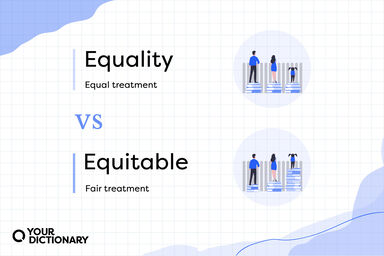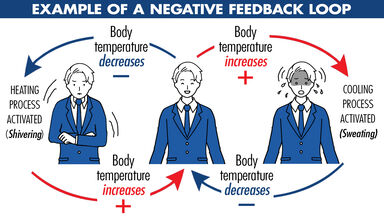He accepts psychophysical parallelism in the sense that every psychical process has a physical accompaniment, every physiological function has a psychical meaning, but neither external stimulus nor physiological stimulus is cause of a psychical process, nor vice versa.
According to his phenomenalism, the external stimulus and the physiological stimulus are both parallels of the same psychical process; the external body, as well as my body, is merely an object abstracted from an idea of my experience; and what is really known in every case is a unitary experience; divisible, but not separable, into body and soul, physical and psychical factors of one and the same unitary experience.
He does not say what happens when we use vision alone and still infer that an external stimulus causes the internal sensation.
For this no external stimulus is required, and as compared with the after-image it represents the objects in perspective just as they might be seen in perception.
This answer supposed that the whole physical process from the action of the external stimulus on the nervous system to the reaction of the organism on the external world is one series, while the conscious process beginning with sensation is only parallel and as it were left high and dry.





